Jim Brumm
Jim Brumm served as Executive Vice President and General Counsel of Mitsubishi Corporation’s US subsidiary and on the board of Mitsubishi Corporation in Japan. He has served and continues to serve on a number of boards involved in bird conservation, indigenous peoples rights, animal welfare, and conservation science. Jim has a deep interest in and commitment to conservation and to indigenous peoples and community rights and development.
He currently serves as Chair for Amazon Conservation's Board of Directors.
Eduardo Forno
Eduardo Forno has served as Executive Director of Conservation International Bolivia’s office since 1992, supporting conservation and poverty reduction efforts, protected areas, and sustainable development for both indigenous people as well as municipalities. He has also worked for the World Bank, UNDP, IUCN, and The Nature Conservancy, among others.
In addition, he currently serves as Board President for Amazon Conservation sister organization in Bolivia, Conservación Amazónica-ACEAA. A field ecologist, he graduated in biology from the Universidad Mayor de San Andrés, La Paz, Bolivia, where he studied the high Andes and Bolivian savanna butterflies.
He currently serves as Vice-Chair for Amazon Conservation's Board of Directors.
Steve Voorhees
Steve Voorhees is a renewable energy entrepreneur. He is currently the CEO and founder of Teichos Energy, a utility-scale solar development company. Prior to starting Teichos Voorhees founded and served as CEO of Ridgeline Energy (an early wind power development company). Before entering the wind and solar energy business, Voorhees invented the patented BikeLid Systems. Voorhees worked as a field engineer for the University of Washington Applied Physics Laboratory and has a bachelor’s degree in geography from Middlebury College.
He currently serves as Treasurer for Amazon Conservation's Board of Directors.
Bruce Babbitt
Bruce Babbitt Served as Governor of Arizona from 1978 to 1987 and as Secretary of the Interior from 1993 to 2001. He received a BA in geology from the University of Notre Dame, a MSc in geophysics from the University of Newcastle upon Tyne which he attended as a Marshall Scholar and a JD from Harvard Law School.
He is the Chairman of the Board of the World Wildlife Fund and a fellow of the Blue Moon Fund where he is presently researching infrastructure development issues in the Amazon Basin.
Alfredo Cahuas
Alfredo Cahuas has dedicated the better part of his career to the sustainable infrastructure sector. He is Vice President of Investments & Investor Relations at an investment management firm in San Francisco specializing in renewable energy tax equity investments. His commitment to sustainability was nurtured early on in his native Peru while exploring its arid coastline and rugged Andes with his family. Alfredo came to the United States to study electrical engineering at Lafayette College and later received his MBA in finance and international business from New York University’s Stern School of Business. He is a founding member of the Latino Community Foundation’s Latino Giving Circle, a philanthropic organization supporting youth development in the Bay Area.
Carolyn Hendricks
Carolyn Hendricks., M.D., is a breast cancer medical oncologist in private practice in Bethesda, Maryland. She trained at Johns Hopkins and maintains close ties to the Suburban Cancer Program/Johns Hopkins Medicine, including serving on the hospital board for nine years. She is a former member of the Maryland Commission on Cancer and former chair of the FDA’s National Mammography Quality Assurance Advisory Committee.
Carolyn is deeply interested in conservation. She developed a love of hawks and owls after attending a raptor workshop in Missoula, Montana in 2005. She is a former member of the board of the American Bird Conservancy and its nominating and audit committees, and a director for NatureServe. She has travelled to Barrow, Alaska for nesting snowy owl monitoring and participated in barn owl box monitoring with Southern Maryland Audubon.
She and her husband purchased their property in Bedford County, PA from the Western Pennsylvania Conservancy in 2012 and built a sustainable home on the property. The property is protected by a conservation easement. Carolyn blogs about their green home at hufhausinus.blogspot.com.
Manuel Pulgar-Vidal
Manuel Pulgar-Vidal is a lawyer specializing in environmental issues, currently the Leader of the Climate & Energy Global Practice of World Wild Fund for Nature International. As the former Minister of Environment of Peru, he has a long history of supporting conservation in the Amazon. He is an expert in the area of environmental law and policy with special emphasis on issues related to environmental policy and management, at national, regional and local levels.
Before his appointment as Minister, he had been the Executive Director of the Peruvian Society for Environmental Law (Sociedad Peruana de Derecho Ambiental SPDA), where is currently a board member. In 2014 and 2015, he was president of the UN Climate Convention’s twentieth conference of the parties (COP 20). Manuel received a Master’s Degree in Business Law from Universidad Peruana de Ciencias Aplicadas (UPC), Peru. He is based in the WWF offices in Peru.
Doug Sarno
Doug Sarno serves as the President of Forum Facilitation Group and Principal at The Participation Company (TPC). Doug is recognized throughout the world as an expert in stakeholder participation and group decision-making with over 30 years of experience as a facilitator, strategist, and trainer on a wide range of issues. He regularly supports government agencies, non-profit organizations and stakeholder groups in conducting effective communication, decision-making, dispute resolution, stakeholder participation, collaboration, strategic planning and visioning, leadership, governance, and organizational effectiveness.
His extensive work and numerous trainings, articles, reports, and presentations on these topics have resulted in positive changes in the way participatory decision-making is approached worldwide. He was an original designer and a Master Trainer for the week-long International Association for Public Participation (IAP2) Certificate Training in Public Participation, which he has taught to thousands of students worldwide.
Doug received his MBA from the University of Maryland and a Bachelor of Science in Civil Engineering from the University of Virginia. He is also a Master Certified Public Participation Professional (MCP3).
Bishop Sheehan
William "Bishop" Sheehan serves as the American Bird Conservancy’s General Counsel while also maintaining a solo law practice. He was for many years Chair of the Appellate Litigation Practice Group at Goodwin Procter LLP. He has briefed and argued cases in the U.S. Supreme Court as well as many federal courts of appeals, state supreme and intermediate appellate courts, and before arbitration panels. He served as an Assistant to the Solicitor General in the Department of Justice and as Deputy General Counsel in the Department of Defense. Mr. Sheehan received a BA from Yale and JD from the University of Pennsylvania Law School, where he was Editor in Chief of the Law Review. He was a law clerk to Judge J. Edward Lumbard on the federal Court of Appeals for the Second Circuit.
Carlos Wiese
Carlos Wiese is a lawyer, director, and legal advisor for the General Secretariat and the Board of Directors for ALIDE, a development banking entity in Latin America and the Caribbean. He is also on the Board of Directors for the French Alliance of Lima, an organization dedicated to teaching the French language and disseminating French culture. Carlos also serves on the board of our sister organization in Peru, sharing his experience in the design of legal and financial structures that contribute to social development and the care and conservation of the environment. He obtained his Law degree from the Catholic University of Peru and his specialty in Finance from the ESAN Graduate School of Business Administration.
Andrew Wilcox
Andrew is part of Unilever’s Business
Operations Sustainability Team and
collaborates with Unilever team members
and strategic external partners to develop
and implement technologies that are
innovative while remaining appropriate for
specific geographies and commodities. He
is helping to advance Unilever’s roll out
of a planetary-scale geospatial platform
to reimagine the future of sustainable
sourcing. Andrew’s previous experience
includes a combination of technical
formation in forest management, remote
sensing and geospatial analysis, and
extensive experience living and working
with rural and indigenous communities.
He holds a M.F. from the Yale School of
Forestry, a M.A. in Sustainability from Wake
Forest University and a B.A. in Economics
and History from Amherst College.
Marie Arana
Marie Arana is a prizewinning author, literary critic, and the inaugural Literary Director of the Library of Congress. Among her numerous books are the memoir and National Book Award Finalist for nonfiction “American Chica,” the highly praised novels “Cellophane” and “Lima Nights,” her biography “Bolívar: American Liberator” (Los Angeles Times Prize 2014; Best Biographies of All Time, Esquire 2022), and a sweeping history of Latin America “Silver, Sword, and Stone” (the American Library Association’s Top Nonfiction Book of 2019). Her most recent book “Latinoland,” a portrait of the largest and least understood minority in America, was published in 2024.
Winner of the American Academy of Arts & Letters Award for Literature in 2020, Marie has been an executive at two publishing houses (Simon & Schuster and Harcourt Brace), a judge for the National Book Awards and Pulitzer Prizes, a Latin America columnist for the New York Times, a media commentator for numerous news outlets, and editor in chief of Book World at the Washington Post. Apart from her service on the Amazon Conservation board, she sits on the boards of PEN/Faulkner, PEN America, the American Writers Museum, and the Board of Governors of Northwestern University. She is president of the Authors Guild Foundation as well as president of the 150-year-old Literary Society of Washington.
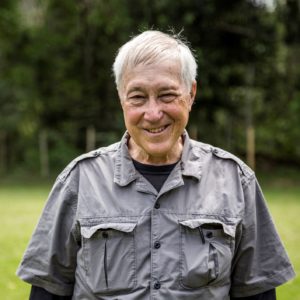
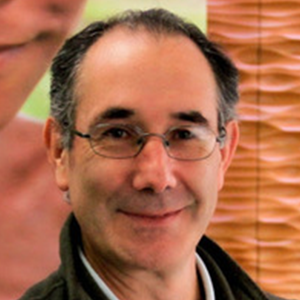
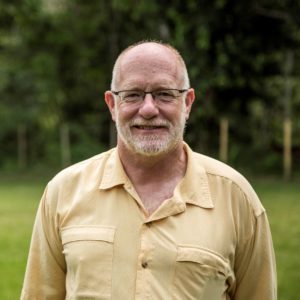
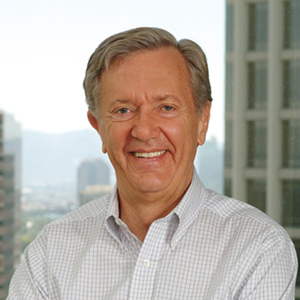
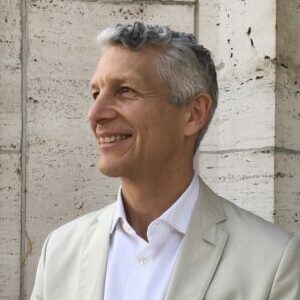

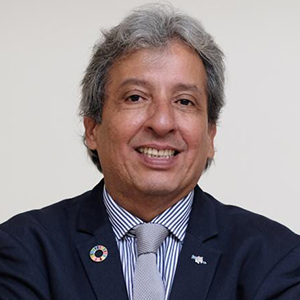
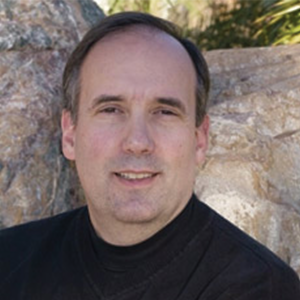
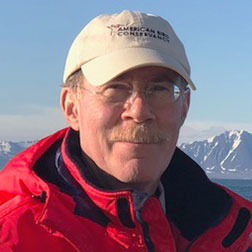
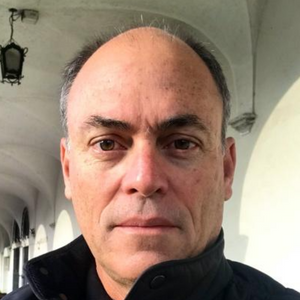
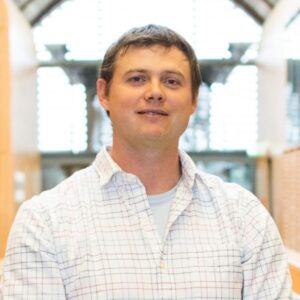
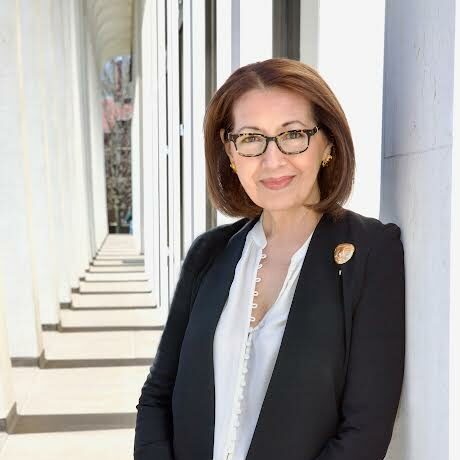
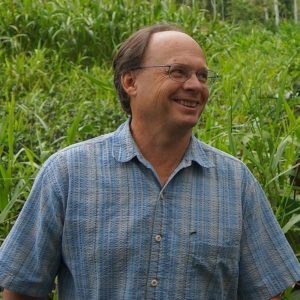
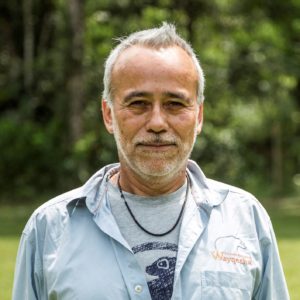
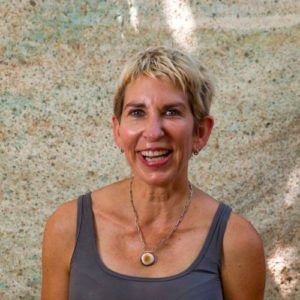
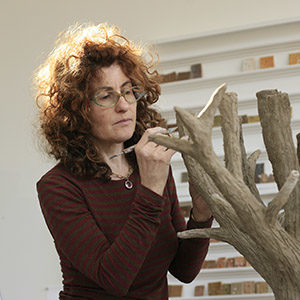
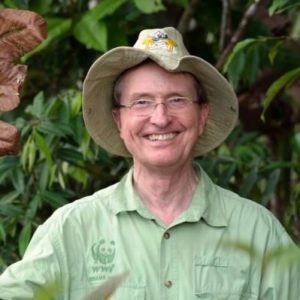 Since 2009, Dr. Thomas Lovejoy had been a member of Amazon Conservation’s Board of Directors, helping guide the strategic vision and direction of our organization.
Since 2009, Dr. Thomas Lovejoy had been a member of Amazon Conservation’s Board of Directors, helping guide the strategic vision and direction of our organization.